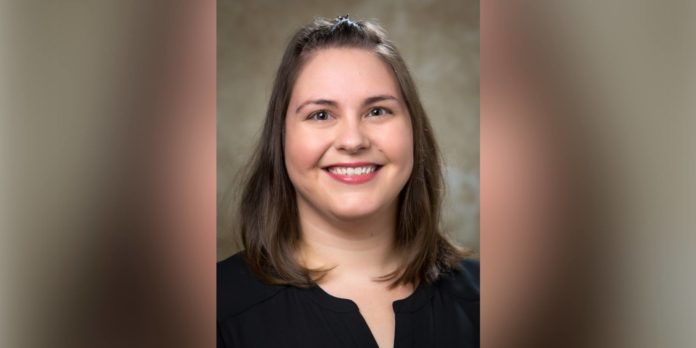MACON – Mercer University School of Medicine faculty member Dr. Janine Chalk-Wilayto and collaborators from Duke University, the University of Southern California and the University of Arkansas received a $550,000 National Science Foundation (NSF) grant to investigate the development of feeding strategies in nonhuman primates.
This research will integrate data on the physical properties of food, the behaviors of individuals while opening and eating foods, and jaw muscle mechanics across a range of ages in two primate species, providing insight on how anatomy and behavior interact to influence feeding performance during important developmental milestones.
The three-year project, titled “Collaborative Research: Feeding Ontogeny at the Interface of Behavior and Morphology,” includes a $129,000 subaward for Dr. Chalk-Wilayto, who specializes in nonhuman primate behavior and morphology.
“We’re combining several diverse datasets, collected from wild and captive animals, to provide a more complete picture of how young primates cope with adopting an adult diet,” said Dr. Chalk-Wilayto, assistant professor of anatomy in the Department of Biomedical Sciences. “I expect that the project will generate some exciting results that will have a significant impact on how we think about feeding behavior and anatomical variation in primates.”
Dr. Chalk-Wilayto and her colleagues will be the first to integrate behavioral, ecological and experimental data collected from juvenile and adult capuchin monkeys at field sites in Brazil and Costa Rica with novel data on developmental changes in capuchin chewing muscle architecture and phenotype.
Results will establish functional relationships between diet and anatomy in immature primates that will transform understanding of how selection for particular feeding behaviors during development not only shapes adult anatomy, but also maintains feeding performance throughout development.
Dr. Chalk-Wilayto joined the faculty at Mercer in 2015. She previously worked at Johns Hopkins University School of Medicine and earned degrees in hominid paleobiology from George Washington University.
About Mercer University School of Medicine (Macon, Savannah and Columbus)
Mercer University’s School of Medicine was established in 1982 to educate physicians and health professionals to meet the primary care and health care needs of rural and medically underserved areas of Georgia. Today, more than 60 percent of graduates currently practice in the state of Georgia, and of those, more than 80 percent are practicing in rural or medically underserved areas of Georgia. Mercer medical students benefit from a problem-based medical education program that provides early patient care experiences. Such an academic environment fosters the early development of clinical problem-solving and instills in each student an awareness of the place of the basic medical sciences in medical practice. The School opened a full four-year campus in Savannah in 2008 at Memorial University Medical Center. In 2012, the School began offering clinical education for third- and fourth-year medical students in Columbus. Following their second year, students participate in core clinical clerkships at the School’s primary teaching hospitals: Medical Center, Navicent Health in Macon; Memorial University Medical Center in Savannah; and Piedmont Columbus Regional Hospital and St. Francis Hospital in Columbus. The School also offers master’s degrees in family therapy, preclinical sciences and biomedical sciences and a Ph.D. in rural health sciences.








